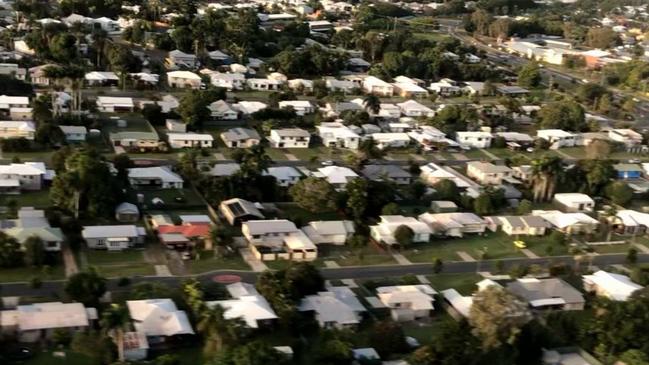Super for homebuyers is set to split the industry, but the tax system is loaded in favour of homeowners


It shouldn’t be like this. But the winners in our tax system are those who get on the gravy train of home ownership. The losers can be those who give priority to superannuation.
It might be obvious to say that homeowners will gain security and make money from the possession of a residential property. But the hidden reason the proposed Super Home Buyer Scheme from the Coalition will work is because the flip side of current tax settings is that people who fund their own pensions are actively penalised.
In midlife, not owning a property means you miss out on the Capital Gains Tax (CGT) exemption for the family home. In later life you also miss out because your super savings cut your access to the pension – but owning a home, regardless of value, is barely relevant.
This is why among the investors currently selling out of the residential market are those who wish to pull back their investments outside the family home, so that they can access the pension. As any financial adviser will tell you, there is a black spot in super roughly between $500,000 and $700,000 where on a week-to-week income basis many people may be better off on a full government pension.
Of course super policy should not be a remedy for the failings of housing policy. However, If someone is $50,000 short of a home deposit and the money required is sitting there in their super fund, they will not be swayed by larger policy debates.
Our super system was designed for a different Australia, where home ownership was universal and where people didn’t have mortgages into their 60s and 70s.
Moreover, the exalted position of residential ownership was not as clearly established as it is today after the ALP lost an election partly due to plans to reform housing taxes.
Meanwhile, the amount going into super for every worker – by law – tripled from 3 per cent in 1992 to 9 per cent in 2002 and is now set to become 11.5 per cent on July 1.
Some of the more hysterical resistance to “raiding super for home ownership” – including estimates that it would “cost” $1 trillion in lost super savings – comes from vested interests at big funds. After all, no financial business wants to see a drop in FUM (funds under management), which is what the opening up of super for home ownership would initially create.
Still, you only have to see the determination of younger Australians who are using the complex and laborious First Home Super Savers scheme to see that the demand for using super money in housing is alive and kicking.
Opposition leader Peter Dutton reiterated his commitment to allowing up to $50,000 of super to be used by first home buyers in his budget reply last week – the details are still to be nailed down but some inside the Liberal Party are pushing to have a worker’s entire super open to withdrawal for home purchases.
Politically of course this creates a distinction for the Coalition over the ALP – and a considerably more pragmatic one than nuclear power.
And it will only grow as more younger investors come to realise how the tax system is loaded in favour of the homeowner.





If you can’t beat them, join them. Unfortunately, accessing a privileged future inside the tax system will be the outstanding attraction behind the Coalition’s new policy to allow first homebuyers to use their super.